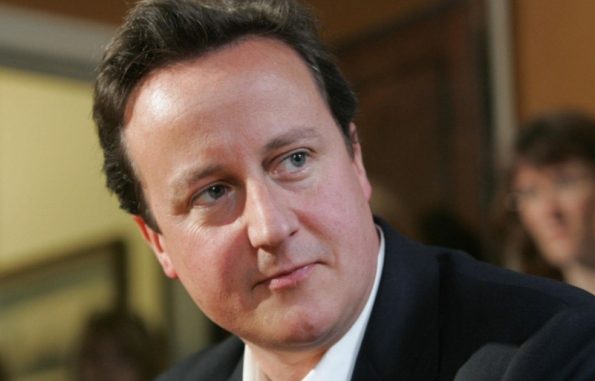
 Prime Minister David Cameron is facing split demands over the statutory regulation of newspapers as he prepares to receive the Leveson report one day ahead of Lord Justice Leveson make the report findings public.
Prime Minister David Cameron is facing split demands over the statutory regulation of newspapers as he prepares to receive the Leveson report one day ahead of Lord Justice Leveson make the report findings public.
More than 80 politicians from all three main parties have signed a letter warning Mr. Cameron that accepting such a recommendation would undermine free speech.
The intervention highlights the deep divisions on the key issue, after a group of 42 Tory MPs urged tough new laws to keep newspapers in check.
The premier, Labour leader Ed Miliband and Liberal Democrat Deputy Prime Minister Nick Clegg have all indicated they will support the judge’s recommendations as long as they are “proportionate” as ignoring report’s findings would leave the phone-hacking victims with a sense of betrayal. Many senior Labour figures strongly support state regulation, including the deputy leader, Harriet Harman.
But, with his own MPs and Cabinet badly split, there is speculation that Mr. Cameron could offer Parliament a free vote allowing MPs to follow their conscience over the issue. The Government may get defeated if the Liberal Democrats team up with Labour to impose tough regulation.
Newspapers, unlike broadcasters, have not been regulated by a statutory body since licensing was abolished in 1695 and were then “self-regulated” to handle public complaints and create industry standards. Under self-regulation, publishers of newspapers (and magazines) collectively created a body, presently known as the Press Complaints Commission (PCC), to resolve unsatisfactory subjects of press coverage and set an industry code of practice which is considered to be weak by many critics. A number of people hold the view that self-regulation is a flawed concept in an era when there are specialised statutory regulators covering almost every other profession, from medicine to the law.
Article viewed on Oye! Times at www.oyetimes.com.

Be the first to comment